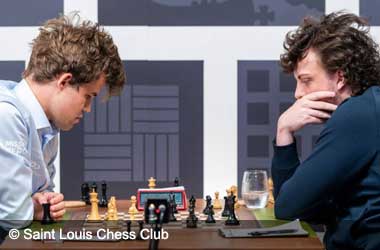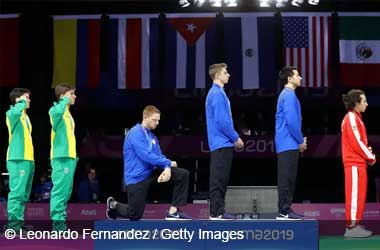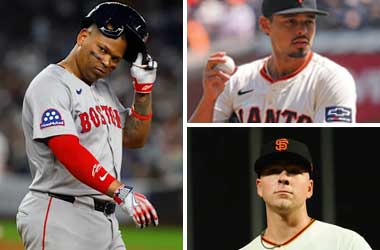 Aggravated by a lack of ad regulation, researchers from the University of Queensland have flagged a link between heavy drinking and serious video gaming – as more and more brands hop on the eSports bandwagon to promote their products, exposing impressionable teenaged fans to advertisements for junk food and alcohol.
Aggravated by a lack of ad regulation, researchers from the University of Queensland have flagged a link between heavy drinking and serious video gaming – as more and more brands hop on the eSports bandwagon to promote their products, exposing impressionable teenaged fans to advertisements for junk food and alcohol.
With a worldwide fan base comprised predominantly of teens and young adolescents, these past few years have witnessed an unprecedented explosion in online gaming, now a lucrative market for targeted promotions and advertisements. Star eSports players, with millions of followers on social media, are beginning to fetch profitable sponsorships and endorsements in exchange for brand exposure to their legions of fans.
Swedish gamer and commentator PewDiePie is one of YouTube’s top content creators with 101 million subscribers, and 19 million followers on Twitter alone. His channel focuses largely on reviews of console games with his “Let’s Play” series. Top eSports players who take home millions in prize money during international tournaments have amassed impressive social media followings ripe for brands who want to reach large audiences.
Just like in the professional athletes’ leagues, popular gamers are bona fide celebrities in their community, becoming ambassadors for devices, games, computer accessories, and even energy drinks. Esports tournaments also cater to alcohol and junk food brands – allowed naming rights, venue branding, and even outright product placements during high-audience livestreams and broadcasts of games.
The recent “Dota 2” tournament was held at the Mercedes-Benz Arena in Shanghai with a $50 million prize pool. Matches from the event were televised and livestreamed with millions of eSports fans around the world watching from their homes.
Research Warns Of Dangerous Advertisements
The University of Queensland’s New Foundation for Alcohol Research and Education has found out that at least 53 percent of the gamers it surveyed could be labeled “addicted” to online games, with those between ages 18 and 34 most susceptible to gaming addiction.
UQ business school Associate Professor Sarah Kelly explains that the numbers are alarming, especially because eSports fans are predominantly minors – and with harmful product categories like energy drinks, junk food, alcohol, and gambling, heavily featured in ads during online gaming tournaments, they may be at risk of other concerning habits.
Kelly highlighted the dangers of these widespread campaigns, with the eSports market still largely unregulated, their research showing that individuals already hooked on gaming were more likely to buy alcohol promoted around games.
Without plans for reform, Kelly warns that the eSports fan base, especially minors, may be exposed to inappropriate unregulated ads that encourage problematic habits and consumer behaviour.

 United States
United States United Kingdom
United Kingdom












